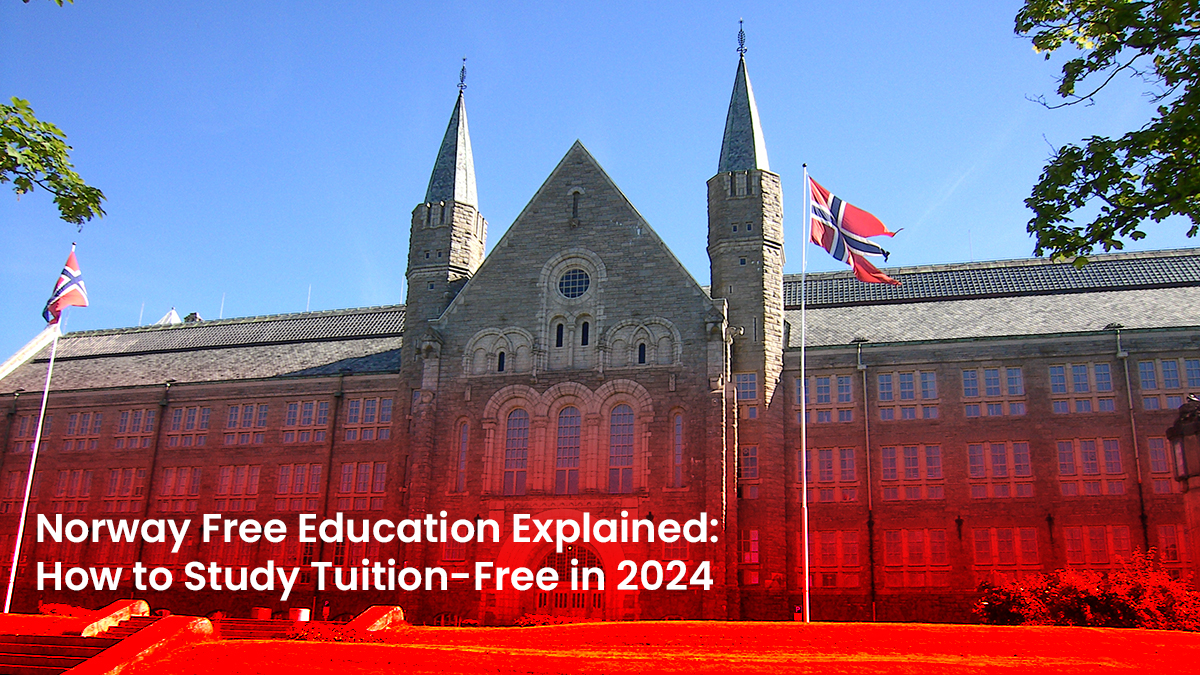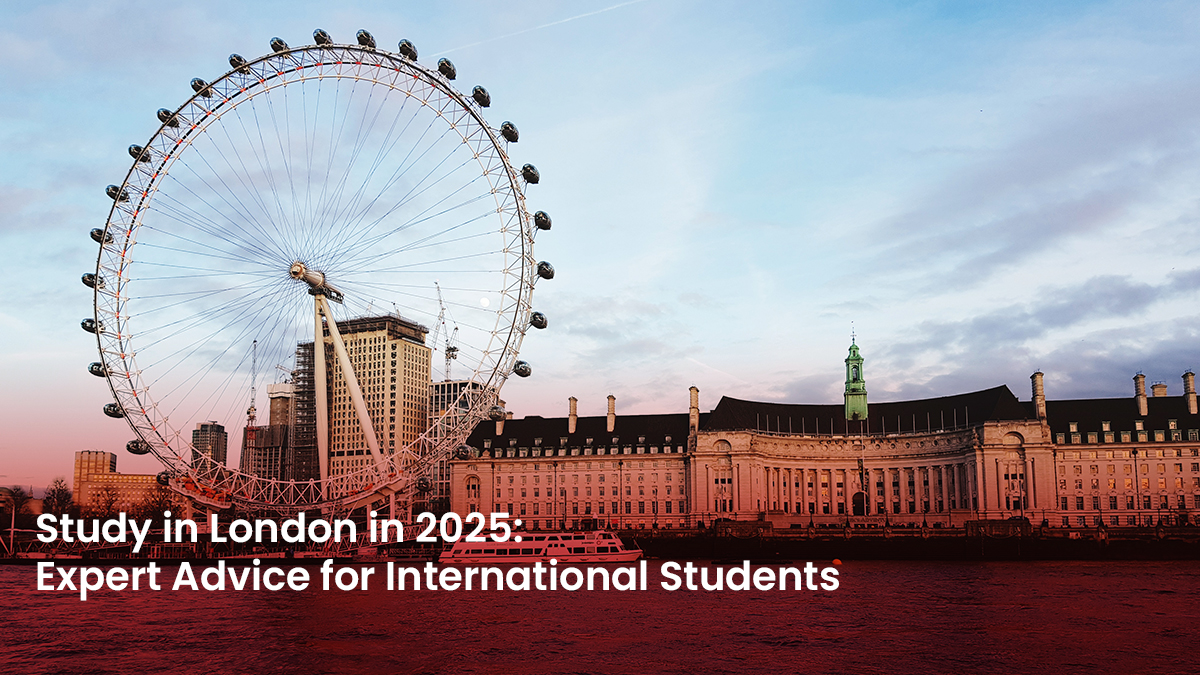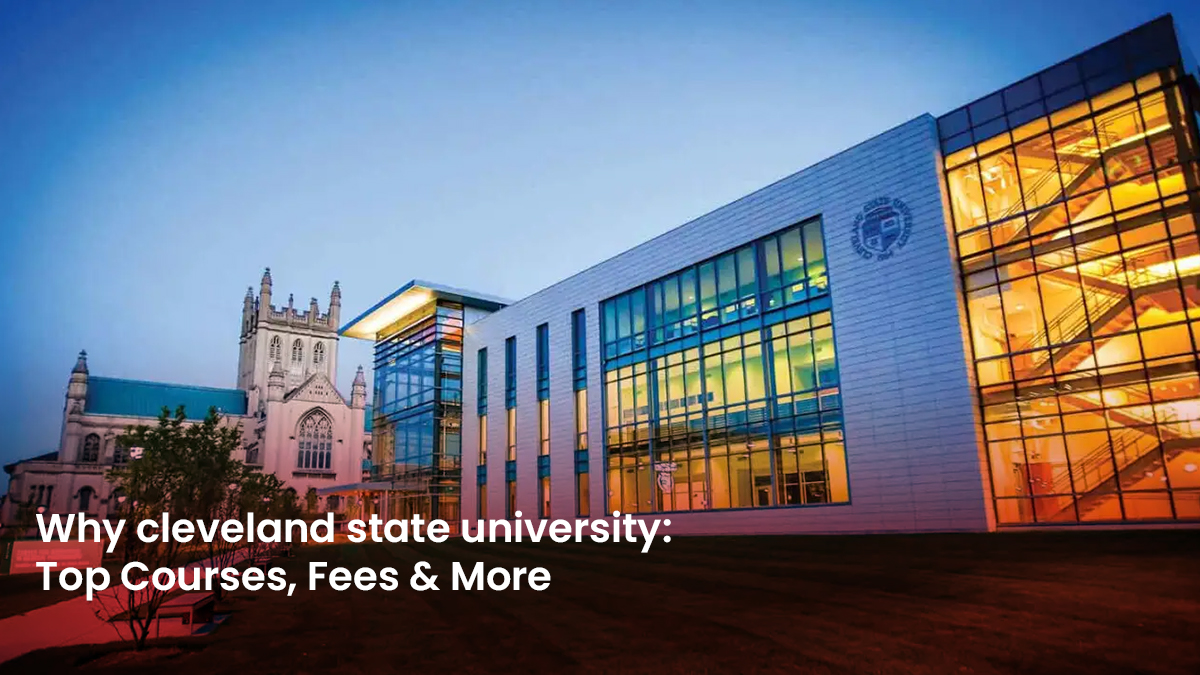Malaysia is a country in Southeast Asia divided into two noncontiguous regions: Peninsular Malaysia (Semenanjung Malaysia) on the Malay Peninsula and East Malaysia (Malaysia Timur) on the island of Borneo. On the west part of the peninsula, Kuala Lumpur is Malaysia’s capital and Putrajaya is Malaysia’s administrative center, about 16 miles (25 kilometers) south of the capital.
Malaysia is a Commonwealth member, which signifies the political union of lands previously ruled by the British.
Land
Peninsular Malaysia encompasses the majority of the Malay Peninsula’s southern region. To the north, it is surrounded by Thailand, with whom it shares a 300-mile land border (480 km). At the peninsula’s tip to the south, is the island republic of Singapore, with which Malaysia shares a causeway and a separate bridge. The Indonesian island of Sumatra is located to the southwest, across the Malacca Strait. East Malaysia comprises the country’s two largest states, Sarawak and Sabah, and is separated from Peninsular Malaysia by the South China Sea, which runs for 400 miles (640 km).
These two republics occupy roughly the northern fourth of the huge island of Borneo, sharing a land border to the south with the Indonesian portion of the island (Kalimantan). A small coastal enclave surrounded by Sarawak houses the Sultanate of Brunei. Peninsular Malaysia accounts for around 40% of the country’s total size, which includes about 265 square miles (690 sq km) of inland water. East Malaysia accounts for the remaining 60%.
People
Malaysia’s population is split evenly between Peninsular and East Malaysia, with Peninsular Malaysia accounting for the vast majority. The population is ethnically, linguistically, culturally, and religiously diverse. For administrative purposes, a substantial distinction is made between indigenous peoples (including Malays), generally known as Bumiputera, and immigrant populations (mainly Chinese and South Asians), known as non-Bumiputera.
Economy
After decades of relying on raw material exported goods (rubber and tin), the Malaysian economy has transformed into one of the greatest, most diverse, and fastest-growing in Southeast Asia since 1970. While primary production is no longer as significant as it was in the past, the country generates a lot of rubber, palm oil, petroleum, natural gas, and commercial hardwoods. Malaysia, on the other hand, is putting a greater emphasis on export-oriented manufacturing to boost its economy.
Religion
Malaysia’s official religion, Islam, is practiced by approximately three-fifths of the population. Islam is one of the core aspects that distinguishes a Malaysian from a non-Malay. All Malays are Muslim as per law. The Chinese do not have a major religion; many cling to Buddhism or Taoism while adhering to Confucianism’s moral principles; a small percentage follows various Christian faiths. Hinduism is practiced by the majority of Indians and Sri Lankans, while Islam is practiced by the majority of Pakistanis. Some Indians profess faith in Jesus Christ. The Sikhs, who originated in the Indian state of Punjab, follow their religion Sikhism to a significant extent.
Explore more wonders about Malaysia. Browse our articles here at MSM Unify to learn more.












